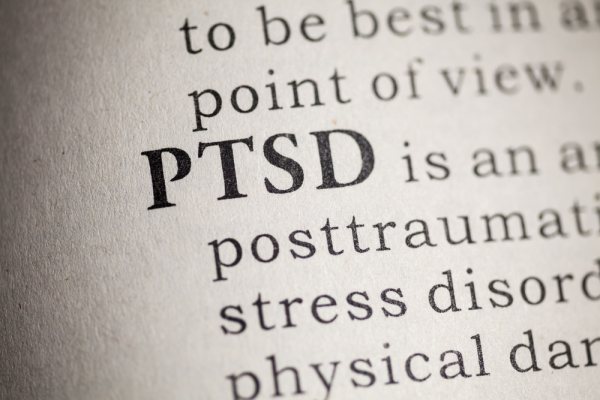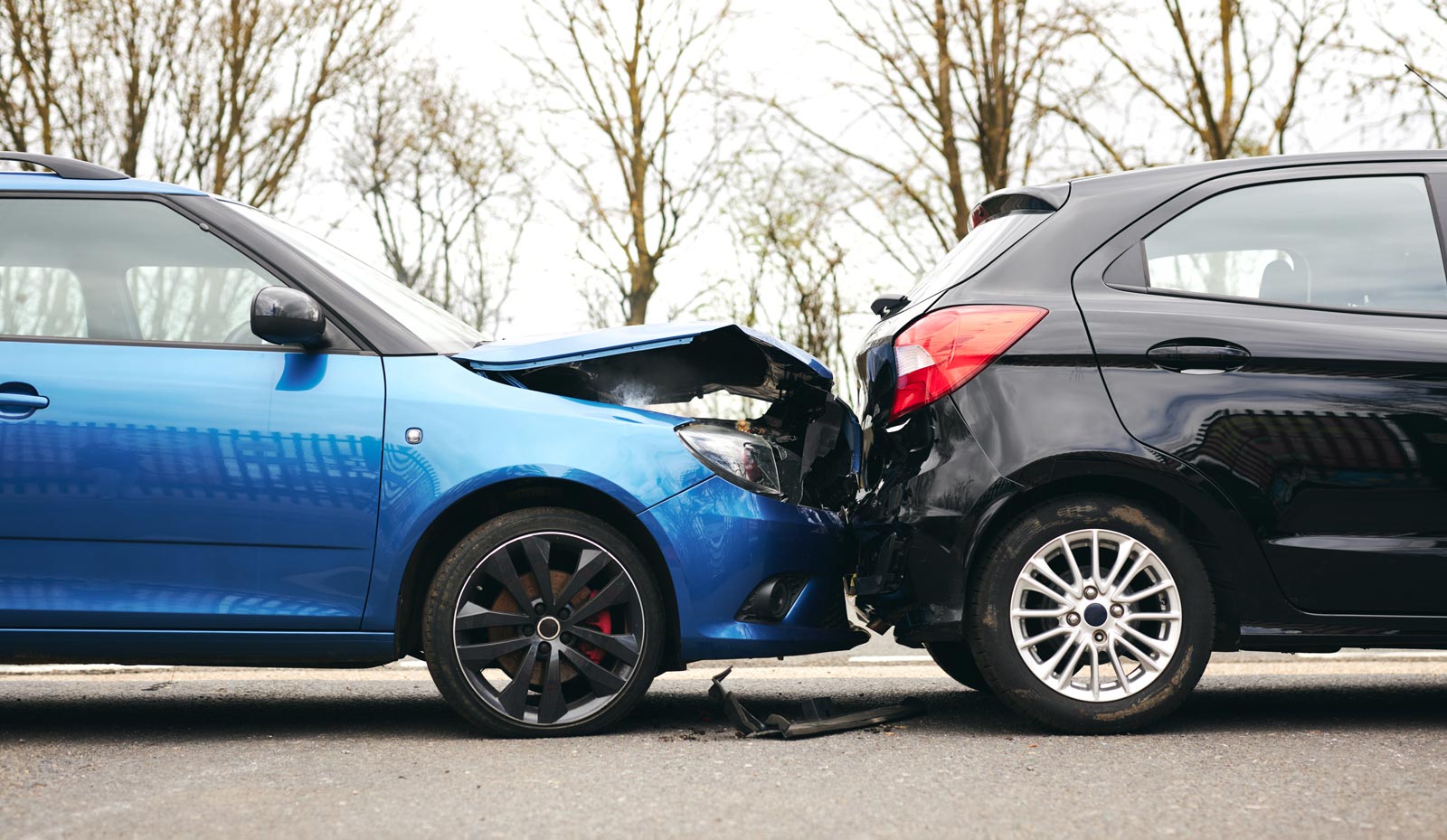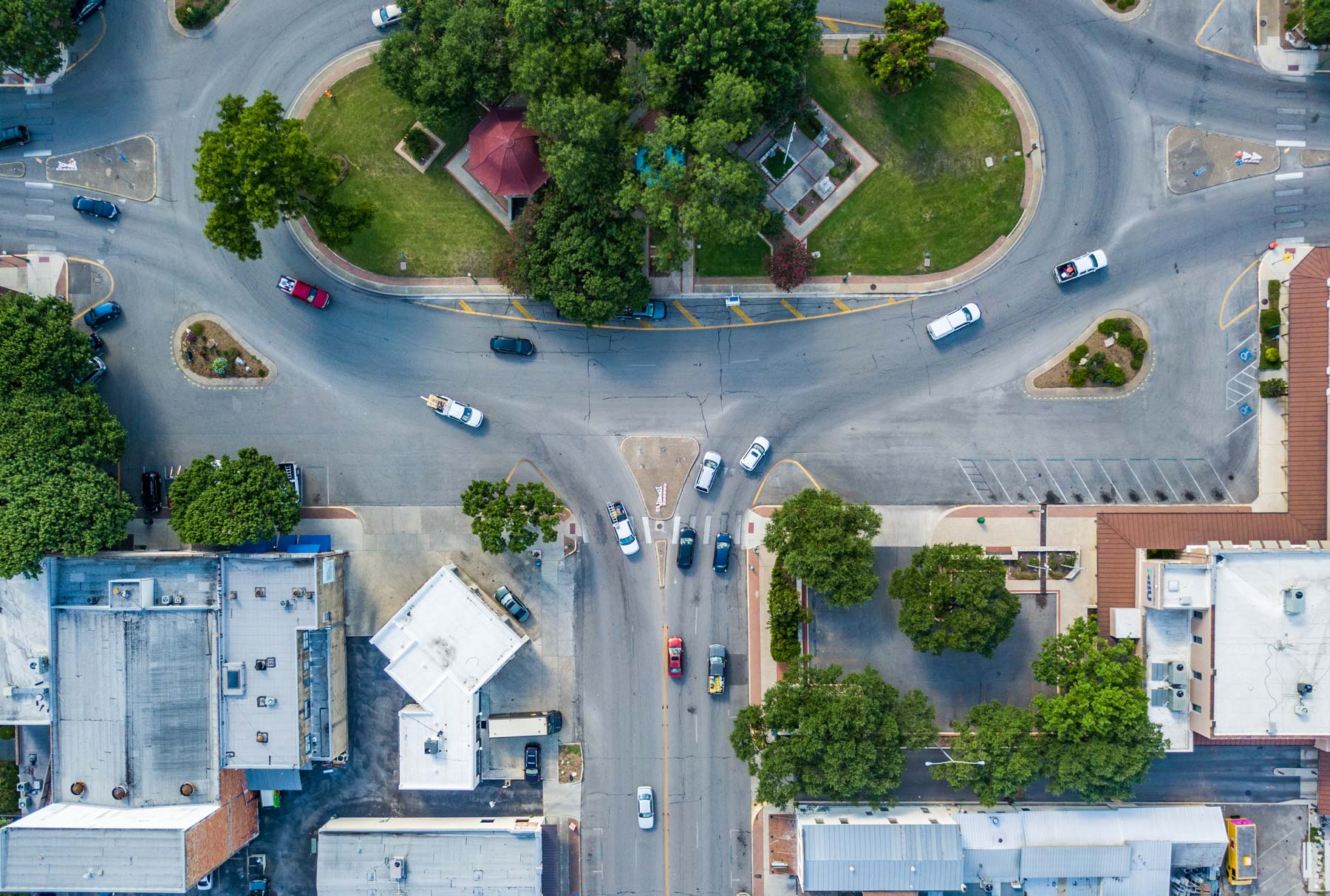Post-traumatic stress disorder, usually referred to as PTSD, is associated with very traumatic events. A common, though lesser known, cause of PTSD is automobile accidents. People who are in grave car accidents in which medical attention is needed are at the greatest risk for developing PTSD. To better understand how to treat PTSD and what to do if PTSD affects you, it’s important to understand what PTSD is and its symptoms.
Definition and Symptoms of PTSD
The National Institute of Mental Health defines PTSD as a disorder people develop following dangerous or shocking events. It is an intensification of the fight or flight response causing people who have PTSD to experience fear, stress, and anger even when they are not in situations warranting such a response. Observing symptoms of PTSD can be difficult. Often, signs and symptoms develop within three months of a distressing event, and if they last longer than a month, it is considered to be PTSD.
Some of the most common symptoms are flashbacks to the event, avoiding similar situations that are reminders of the traumatic event, and a continued feeling of being tense. These symptoms are put in categories such as re-experience, avoidance, arousal and reactivity, cognition, and mood. Assessing symptoms in each of these categories is essential to diagnosing PTSD.
For example, someone with PTSD may experience some of the following specific symptoms:
- Bad dreams and/or difficulty sleeping
- A loss of interest in activities that used to bring joy
- Feeling excessively guilty, worried, or depressed
Prevalence and Solutions
Statistics from the National Center for PTSD have stated that around 9% of survivors of motor vehicle accidents (MVAs) have PTSD. This percentage exists among the estimated three million MVA survivors each year in the United States. As much as 53% of MVA survivors who have PTSD also have a significant mental illness such as clinical depression. Furthermore, 15% of survivors have stated they’ve developed a phobia of driving in the wake of a car accident.
Much of this can be attributed to risk factors related to the individual as well as the vehicle crash itself. PhD Matthew Tull’s research on PTSD and car accidents has shown that much of the risk for PTSD relies on how individuals cope with traumatic events and the severity of the accident; both factors play a role in developing PTSD. Typically, the more life-threatening an accident, the more likely one is to develop symptoms of PTSD.
Though it is common to visit a physician after a car accident to be sure you are in good health, many people do not specifically seek out mental health professionals in the wake of an auto collision. If you or someone you know seems to have symptoms related to PTSD, seek out a mental health professional in your area.
In addition, seeking legal counsel is vital after any automotive accident. This is an area of special interest for Crosley Law Firm. We are experienced and committed to the victims of car accidents and are eager to work on your behalf to not only help you recover, but to get you the justice and compensation you deserve. Call our offices today at (210) 354-4500 or fill out a brief online contact form to schedule your free consultation with one of our Texas attorneys.
References
Blanchard, E. B. (2003, December 7). Motor vehicle accidents are leading cause of posttraumatic stress disorder, according to new book. American Psychological Association. Retrieved from http://www.apa.org/news/press/releases/2003/12/accidents-ptsd.aspx
Buckley, T. (2016, February 23). PTSD: National Center for PTSD. U.S. Department of Veterans Affairs. Retrieved from http://www.ptsd.va.gov/professional/trauma/other/traumatic-stress-vehicle-accidents.asp
Butler, D., Moffic, H. S., & Turkal, N. W. (1999, August 1). Post-traumatic stress reactions following motor vehicle accidents. American Academy of Family Physicians. Retrieved from http://www.aafp.org/afp/1999/0801/p524.html
Post-traumatic stress disorder. (2016, February). National Institute of Mental Health. Retrieved from http://www.nimh.nih.gov/health/topics/post-traumatic-stress-disorder-ptsd/index.shtml
Tull, M. (2016, January 30). PTSD after a car accident – Learn the signs. Verywell. Retrieved from https://www.verywell.com/risk-factors-for-ptsd-following-a-traffic-accident-2797197









